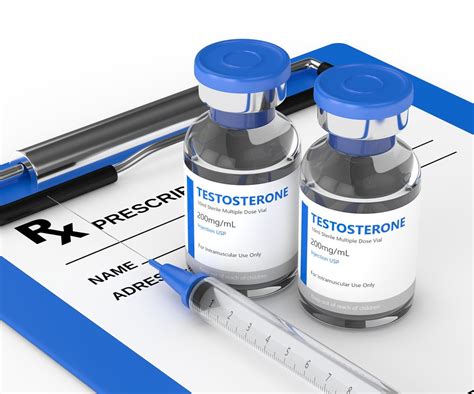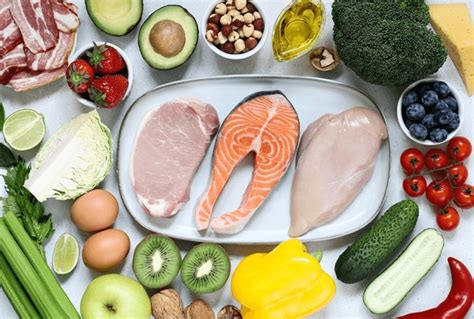Which trace mineral is particularly important for male reproductive health and testosterone production?

The Unsung Hero: Zinc’s Role in Male Vitality
When discussing male reproductive health and the complex process of testosterone production, one trace mineral consistently stands out: Zinc. Often overlooked in favor of more widely publicized vitamins and nutrients, zinc is an essential element without which many critical bodily functions, especially those related to male hormones and fertility, would falter.
Zinc acts as a co-factor for over 300 enzymes, meaning it’s essential for these enzymes to perform their functions. These enzymatic reactions are involved in a vast array of metabolic pathways, including DNA synthesis, cell division, protein synthesis, and immune function. For men, its impact on the endocrine system, particularly the gonads, is profound.

Zinc and Testosterone Production
Testosterone, the primary male sex hormone, is vital for maintaining muscle mass, bone density, red blood cell production, and libido, among other functions. Zinc directly influences several aspects of testosterone metabolism:
- Steroidogenesis: Zinc is involved in the enzymatic processes within the Leydig cells of the testes that convert cholesterol into testosterone. A deficiency can impair this conversion, leading to lower testosterone levels.
- Luteinizing Hormone (LH) Stimulation: Zinc helps regulate the function of the pituitary gland, which produces luteinizing hormone (LH). LH signals the testes to produce testosterone. Adequate zinc levels ensure proper LH release.
- Aromatase Inhibition: Zinc may help inhibit the enzyme aromatase, which converts testosterone into estrogen. By modulating aromatase activity, zinc helps maintain a healthy testosterone-to-estrogen balance, which is crucial for optimal male health.

Impact on Male Reproductive Health and Fertility
Beyond testosterone, zinc’s role extends significantly to overall male reproductive health and fertility. It is found in high concentrations in the testes and seminal fluid, highlighting its importance in sperm health:
- Sperm Quality: Zinc is crucial for spermatogenesis (sperm production), sperm motility, and maintaining the structural integrity of sperm. It helps stabilize the sperm cell membrane and genetic material.
- Antioxidant Protection: Zinc acts as an antioxidant, protecting sperm from oxidative damage caused by free radicals. This damage can impair sperm function and increase DNA fragmentation, contributing to infertility.
- Immune Function in Reproductive Tract: A healthy immune system is vital for preventing infections that can impair reproductive function. Zinc is a known immune booster, helping to keep the reproductive tract healthy.

Symptoms of Zinc Deficiency in Men
Because the body cannot store large amounts of zinc, a regular dietary intake is essential. Zinc deficiency is not uncommon and can manifest in various ways, particularly affecting male health:
- Low testosterone levels
- Reduced libido
- Impaired fertility (low sperm count or motility)
- Fatigue
- Poor immune function (frequent infections)
- Hair loss
- Slow wound healing

Dietary Sources of Zinc
Ensuring an adequate intake of zinc is relatively straightforward through diet. Some of the richest sources include:
- Oysters: Arguably the best dietary source.
- Red Meat: Beef, lamb, and pork are excellent sources.
- Poultry: Chicken and turkey.
- Beans and Legumes: Chickpeas, lentils, and black beans.
- Nuts and Seeds: Pumpkin seeds, cashews, almonds.
- Dairy Products: Milk, cheese, yogurt.
- Whole Grains: Oats, quinoa, brown rice (though phytates can inhibit absorption).
While supplementation can be an option, it’s always best to consult with a healthcare professional before starting any new supplement regimen, as excessive zinc intake can lead to other health issues, including copper deficiency.

Conclusion
In summary, zinc is an indispensable trace mineral for male reproductive health and the optimal production of testosterone. Its multifaceted roles, from hormonal regulation to sperm quality and antioxidant protection, underscore its critical importance. For men seeking to maintain vitality, fertility, and overall well-being, prioritizing adequate zinc intake through a balanced diet is a foundational step.








